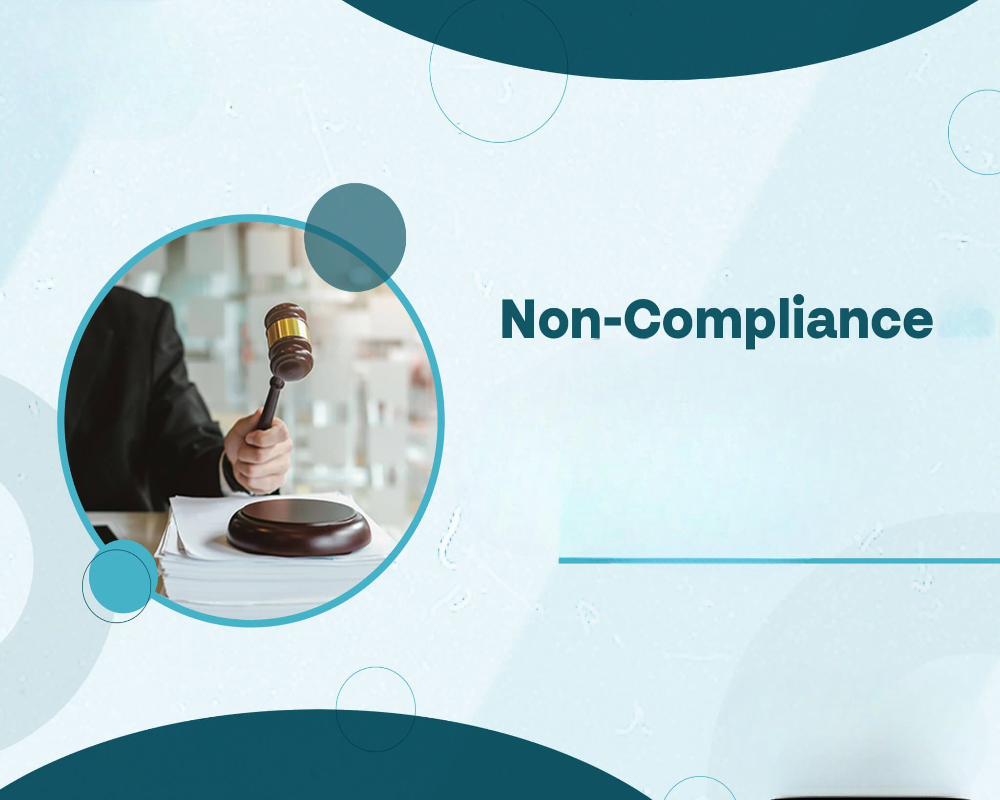How to Handle Non-Compliance with Incorporation Rules
Introduction
Incorporation of a company in India is governed by the Companies Act, 2013 and the rules prescribed by the Ministry of Corporate Affairs (MCA). Failure to comply with the legal provisions during or after the incorporation process can lead to regulatory penalties, delays, and legal consequences. Non-compliance may arise due to oversight, misreporting, delay in filings, or ignorance of legal requirements. It is essential for promoters and company officers to understand how to address and rectify such lapses. This article explains the process for handling non-compliance with incorporation rules in a systematic and legally compliant manner.
Identify the Nature and Scope of Non-Compliance
The first step is to identify the specific area of non-compliance. Common examples include:
- Delay in filing Form INC-20A (Commencement of Business)
- Failure to appoint an auditor within the prescribed time
- Errors in incorporation forms (SPICe+, MOA, AOA)
- Misreporting of registered office or director details
- Omission of statutory disclosures
Understanding whether the non-compliance is procedural, factual, or regulatory in nature helps determine the corrective approach.
Assess Legal Consequences
Each form of non-compliance carries different penalties and consequences under the Companies Act. For example:
- Non-filing of Form INC-20A may attract a fine of ₹50,000 for the company and ₹1,000 per day for directors.
- Failure to appoint the first auditor within 30 days may lead to regulatory disqualification of directors.
Companies must assess the extent of risk, potential penalties, and whether it affects stakeholders or public interest.
Voluntary Rectification Through Filing
If the issue can be resolved by filing a delayed or corrected form:
- File the required form (such as INC-20A, INC-22, DIR-12, or MGT-7) with additional fees and penalty as prescribed.
- Use the MCA portal to generate and submit forms digitally with the Digital Signature Certificate (DSC) of the director or company secretary.
- Ensure all attachments, declarations, and supporting documents are updated and accurate.
Application for Condonation of Delay
If the delay in compliance exceeds the permissible period and the form cannot be filed directly, companies can apply for condonation of delay under Section 460 of the Companies Act, 2013. The steps include:
- Filing an application with the Regional Director (RD) using Form CG-1
- Providing justification, resolutions, and supporting documents
- Paying applicable fees and penalties
Upon approval, the company can file the pending form with the ROC.
Apply for Compounding of Offence
For more serious or repeated violations, the company may need to compound the offence under Section 441 of the Companies Act. This process involves:
- Filing an application with the National Company Law Tribunal (NCLT) or Regional Director, depending on the nature of the offence
- Agreeing to pay a compounding fee in lieu of prosecution
- Ensuring that the non-compliance is not wilful or fraudulent
Compounding helps resolve the issue without litigation and closes the matter officially.
Internal Rectification and Documentation
After resolving the legal non-compliance:
- Update internal records such as the register of members, directors, and statutory books
- Pass necessary board or shareholder resolutions to ratify corrective actions
- Document the timeline of events and corrective steps to demonstrate good faith and corporate governance
Preventive Measures for Future Compliance
To avoid recurrence of non-compliance:
- Appoint a qualified company secretary or compliance officer
- Maintain a compliance calendar for all statutory filings and deadlines
- Conduct regular internal audits and board reviews
- Use professional services or legal consultants for monitoring corporate governance
Conclusion
Non-compliance with incorporation rules can lead to serious legal and financial consequences if not addressed promptly. However, Indian corporate law provides mechanisms such as delayed filing, condonation of delay, and compounding of offences to allow companies to rectify lapses. By identifying the issue, taking corrective steps, and maintaining transparent documentation, companies can restore their legal standing and protect their business interests. Proactive compliance practices are key to ensuring long-term growth and regulatory credibility.
Hashtags
#IncorporationRules #NonCompliance #BusinessLaw #LegalAdvice #CorporateGovernance #ComplianceMatters #BusinessCompliance #EntrepreneurTips #StartUpAdvice #LegalCompliance #CompanyFormation #BusinessRegulations #IncorporationTips #LegalGuidance #CorporateLaw #SmallBusinessTips #ComplianceStrategies #BusinessSuccess #RiskManagement #Entrepreneurship


0 Comments